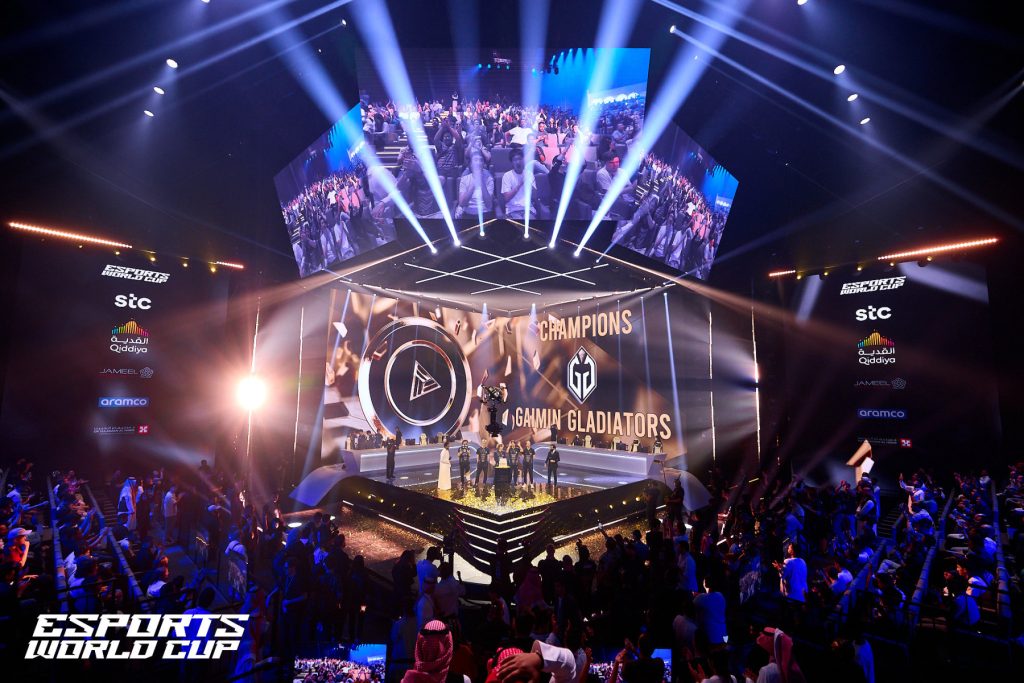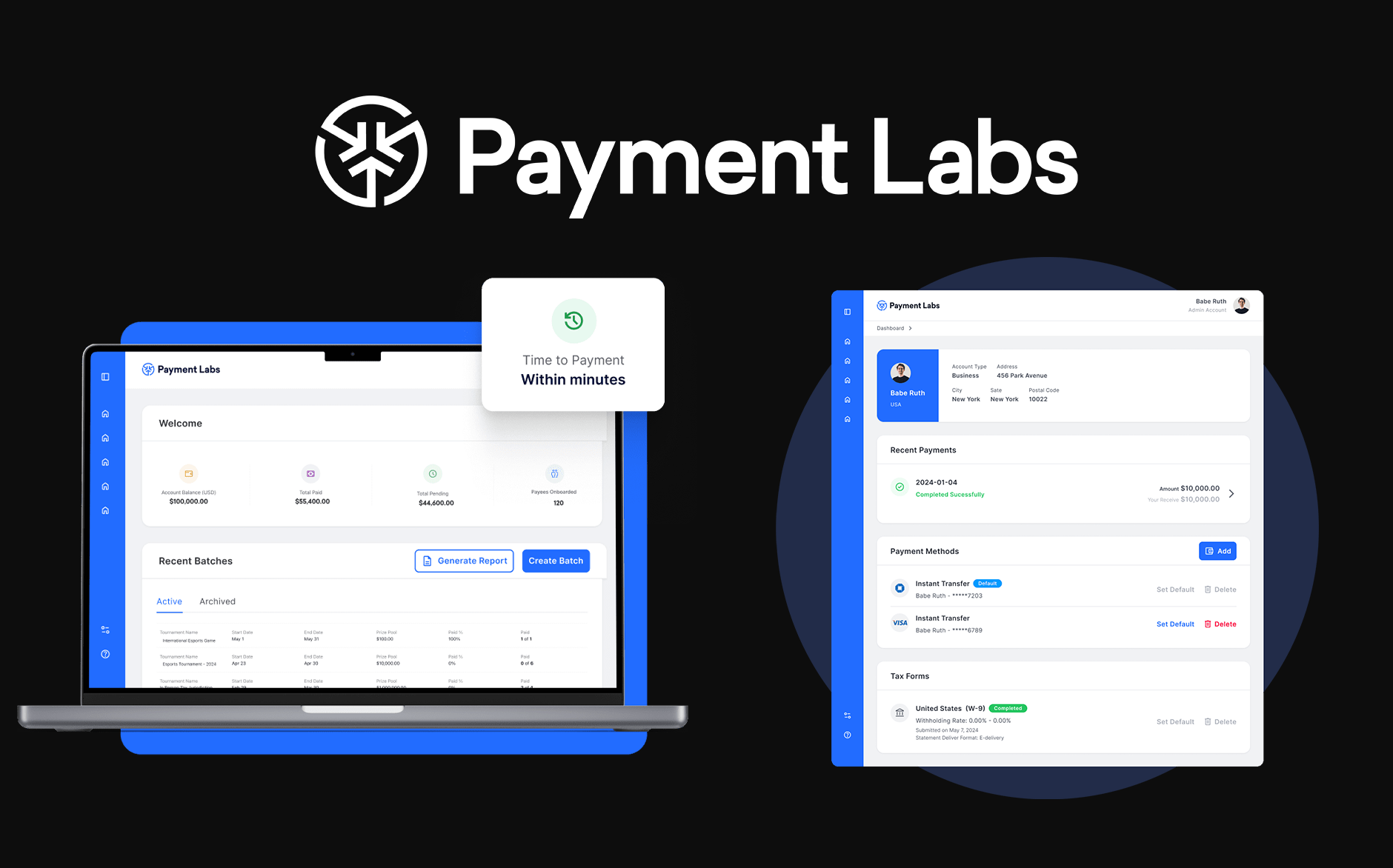
At its core, competition is the most important part of the esports ecosystem. Across a vast number of games, there are tournaments that range from grassroots to international events.
The goal of these events is to find out who the best players are in their discipline, whilst also engaging with the game’s fans and, from a business perspective, marketing the title as a result.
However, one area that has always fascinated fans when it comes to events, particularly larger esports competitions, is the topic of prize pools. In some cases, there are also correlations made by the community between the size of the prize pool and the quality of the event. Million-dollar events garner media attention, often having notable sponsors and attracting major organisations to compete.
As 2024 comes to a close, most game publishers and tournament organisers have already unveiled their plans for 2025.
PGL Wallachia (Dota 2) will have three seasons in 2025, each with a $1m prize pool. Meanwhile, the Rocket League Championship Series (RLCS) announced that its 2025 season will have a $5m prize pool. Fortnite, Halo, YaLLa Compass (Counter-Strike) and many others have showcased how much money can be won by players next year.
Announcing big prize pools has become a major part of the marketing push for many tournament organisers. Multi-title esports event, the Esports World Cup, heavily promoted its $60m total prize pool, split across 21 games and its overall club championship.
Whether it’s fair or not, prize pools are also used by the esports community as an indicator of an esports ecosystem’s health. When prize pools are increased, there is more optimism. When the prize pool is lowered or delayed there are concerns over the esports ecosystem’s health — hence the emergence of payment solutions like Payment Labs.
Esports prize pools in 2024

Prize money in the industry fluctuates heavily game-by-game, with each title operating its competitive calendar in completely different ways. There are also countless grassroots events within esports that take place online and in-person which have minor prize pools that consist of money or sometimes other incentives.
One of the most touted esports events that is synonymous with its prize pool is Dota 2’s The International (TI). At its peak, the event generated a record-breaking $40m prize pool in 2021, in large part due to huge funding from in-game item sales to fans. Dota 2’s biggest event of the year is largely crowd-funded, with every TI starting with a base $1.6m prize pool.
However, TI’s prize pool dropped to just $2.8m in 2023 as a result of changes of less interest from fans in the in-game items Valve offered — though Dota 2 still tops the charts for the highest overall esports title prize pot.
On a positive note, the Counter-Strike scene has largely remained the same when it comes to prize pools from 2023 to 2024. So far, Counter-Strike 2 has generated $19m in prize money and there are still events such as the Shanghai Major that have yet to be accounted for.
According to Esports Charts, the top five most lucrative titles in 2024 so far are Dota 2 ($21m), Honor of Kings ($20m), Counter-Strike ($19m), PUBG Mobile ($16m) and Fortnite ($12m).
The prize pool payment problem
Another crucial topic that has risen in discussion is the esports prize payment problem, whereby teams and players are experiencing delays when it comes to receiving prize money. This in itself puts a stain on the reputation of such a growing industry, hence why companies, such as Payment Labs, are looking to solve this issue.
It’s abundantly obvious that there is still a lot of prize money circulating across the esports ecosystem. However, when these payments aren’t delivered on time, it causes significant damage to a tournament operator’s reputation.
Unfortunately, payment delays for prize pools in esports are still an ongoing issue. Some notable examples for payment delays in recent years include Galaxy Racer’s 2023 HER Galaxy event, Nerd Street’s VALORANT competitions in 2022, and Women’s Car Ball fiasco. There are also many other cases of grassroots event organisers being unable to pay staff and contractors alongside players.
Han Park, the CEO of global payments platform Payment Labs, highlighted three pain points when breaking down the esports prize pool payment problem – the trust issue, the process issue and a lack of education.
Park explained that the trust issue often stems from the net terms on payments in business practices related to running events or receiving funding from publishers and sponsors. “While the announced prize money is often secured and guaranteed, the business process of paying on net terms on invoices for prize money may be months past the competition itself which makes it look like a delay on payments.”
These net terms could be delivered “net 60 days, net 90 days, some are even net 180 days, which is half a year. The event is already done, within the time frame,” Park stated.
The issue is that these proceeds provided by sponsors or publishers, are in some cases used to fund the cost of the event as well as the prize pool. This means that it’s vital for all parties involved to deliver their net terms on time, with complications causing delays that could affect the event as a whole and its prize pool. To ensure that the trust factor between tournament organisers and competitors remains strong, Payment Labs uses a system in which a specific account is created between Payment Labs and the tournament organiser specifically for prize pools.
Park added: “We guarantee that as long as our customer, which is usually the publisher or tournament organiser, announces that prize money we expect them to fund that account. So our payment flow starts with them funding this account specifically for prize money.”

The second issue is the complicated process of paying out players. “You’re paying a lot of individuals in one batch to try to get all the prize money out…The process itself for each of the individuals may be challenging,” said Park.
Park highlighted that this issue is more of a problem when competitions feature new players, as regular returning names are already a part of the tournament’s payment process.
“It’s all the new winners as new games come out, or there’s new superstars rising that come from the amateur scene, they’re getting paid for the first time, and that’s where a lot of the work is. The process itself takes time.”
The third point that Park highlighted is that payee education is also an important part in ensuring payment transactions are smooth. There is an onus on competitors to educate themselves on the steps needed to get paid by different entities in esports, including what information is needed by the tournament organiser and the player being aware of their country’s tax laws when it comes to prize winnings.
The education factor also applies to tournament organisers, which also have to take into account the legalities of paying out players, oftentimes which are based across the world. Park particularly noted grassroots esports scenes as a pain point when it comes to education about payments.
“They [grassroots organisations] know how to run the competitions, but they don’t understand the business and administrative side of doing these types of events. It’s more complicated than they think. They have to put all the legal compliance and financial controls in to do it properly.”
Payment Labs aims to make esports payments simple, for players and tournament organisers. Alongside its prize pool account system, the company looks to streamline the payments process by also handling player transactions. According to Park, the company’s system uses the required information from registered players to pass them through compliance in order to pay them quickly. Since the company specialises in the esports sector, it is also equipped to handle legal hurdles that can occur when dealing with prize money from esports competitions.
“We know esports is challenging for a lot of financial institutions because they don’t know it,” concluded Park.
“Because we’re a fintech company and we work with multitudes of financial partners, we have passed their compliance and we’ve fought the battle for esports already. We understand it. We do it on behalf of all our customers, so our customers don’t have to fight that battle each time.”
For a full conversation discussing esports’ payment dilemma check out Esports Insider’s latest episode of The Industry with Payment Labs’ CEO Han Park.
